The end of premium and minimum solar feed-in tariffs represents a shift in the financial landscape for solar energy users, but it also presents an opportunity to reassess and optimise your solar energy system.
Guide to solar panels for your home
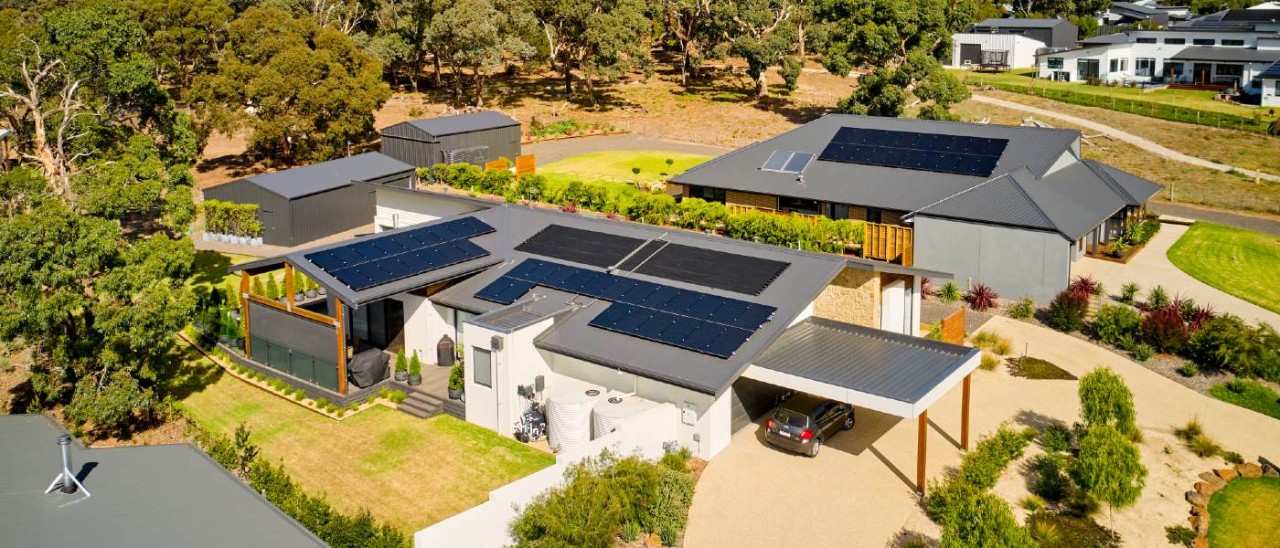
if you're wondering how solar panels work, how many you need, and if you also need a solar battery, here is a guide to help you find a solar panel system to suit your household's needs.
Australian homeowners are increasingly installing solar panels and solar batteries as a way of cutting their energy bills, reducing their environmental impact and charging their electric vehicle.
But although Australia has the highest population of residential rooftop solar energy in the world, with more than 3.7 million homes and small businesses with rooftop solar systems, some people are still wondering what all the fuss is about, and if solar energy is right for their needs.
If you're thinking about solar energy and solar panels for the first time, Head of Residential Solar Sales Rebecca Vitale has answered 10 of the most common questions to help you make an informed decision.
Solar panels for your home explained
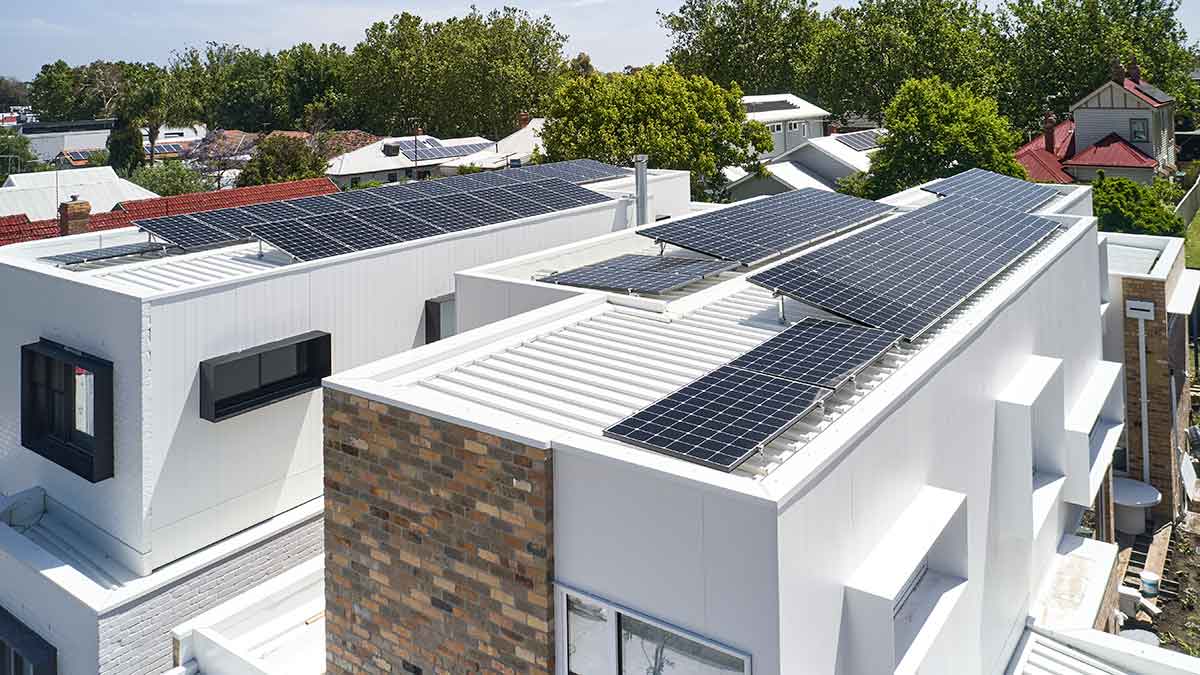
Before buying solar panels, consider panel efficiency and performance over time. Image: Matt Harvey.
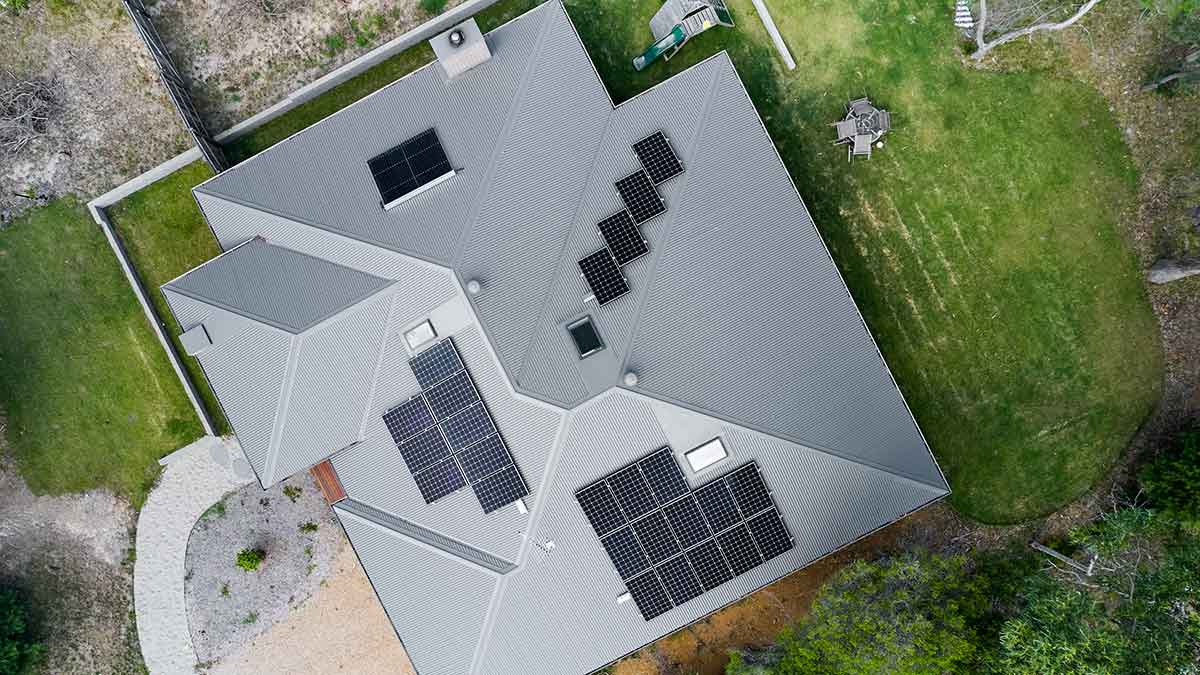
The number of solar panels you need not only depends on your household needs. Image: Matt Harvey.
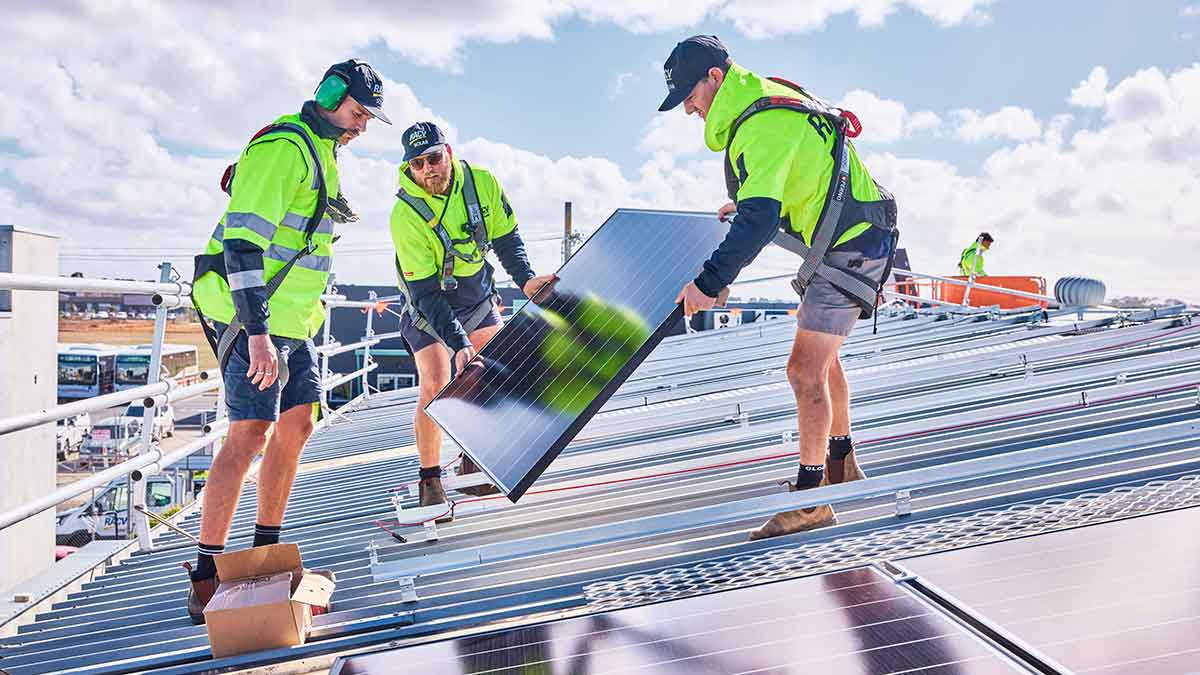
It is important to choose a fully vetted and reliable installer. Image: Matt Harvey.
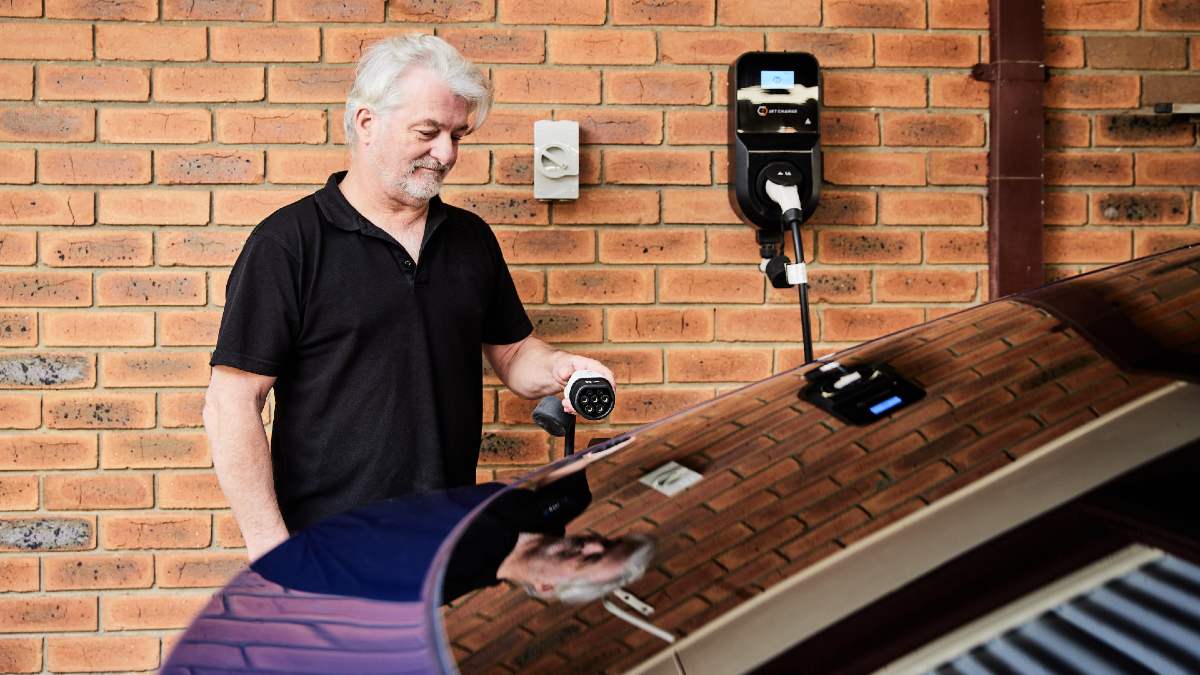
Smart chargers can divert excess power to charge your EV during the day. Image: Shannon Morris


